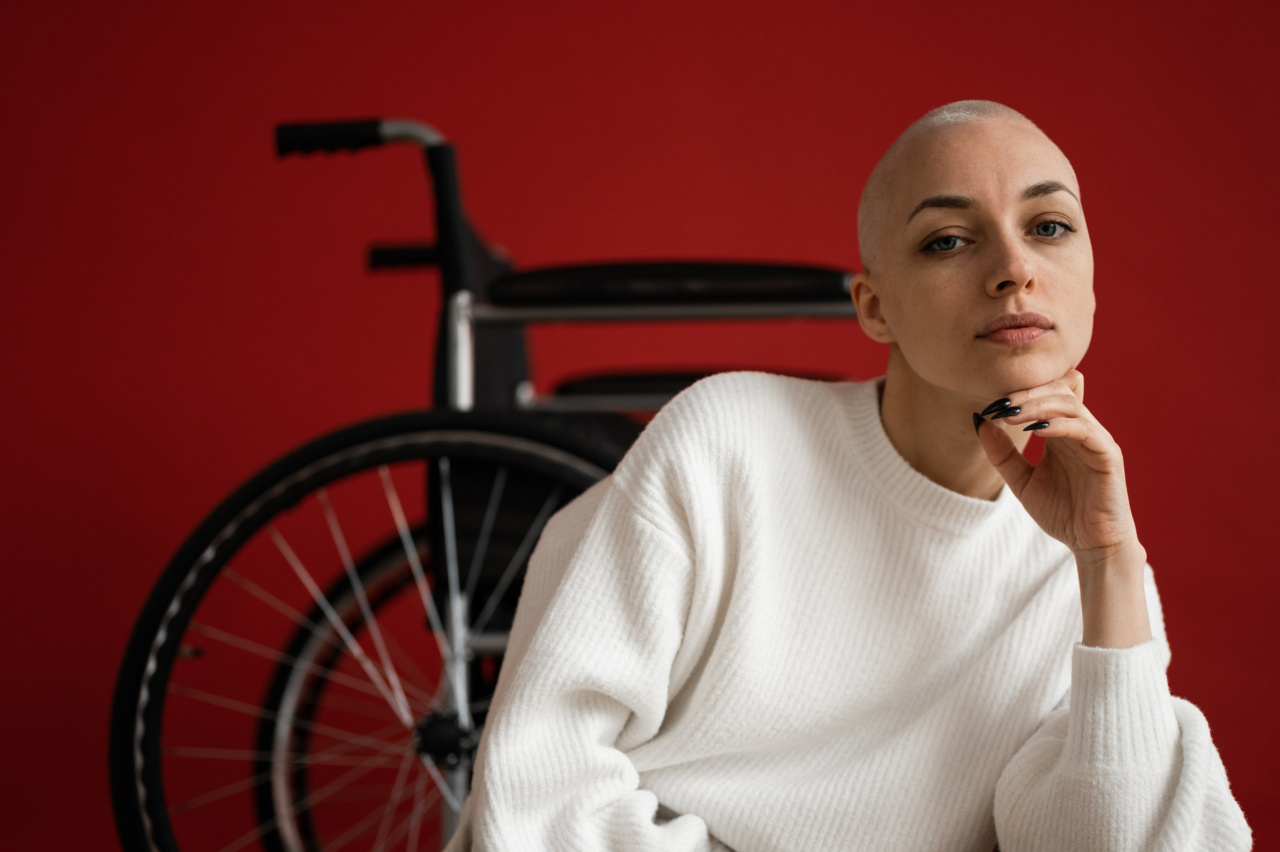When it comes to cancer prevention, knowledge is power. Understanding the risk factors associated with cancer can help you make informed decisions about your lifestyle and take necessary precautions.
While some factors are beyond our control, such as genetics and age, there are several preventable risk factors that we should not ignore. By addressing these modifiable risk factors, we can significantly reduce the chances of developing cancer. Here are five cancer risk factors that require our attention:.
1. Tobacco Use
Tobacco use, including smoking cigarettes, cigars, and pipes, is one of the leading causes of various types of cancer. The harmful chemicals released from tobacco smoke can damage DNA, leading to mutations that promote the growth of cancer cells.
Lung cancer is the most commonly associated cancer with smoking, but it can also increase the risk of other forms of cancer, including mouth, throat, esophagus, kidney, bladder, and pancreas.
It is never too late to quit smoking. By quitting smoking, you can significantly reduce your risk of developing cancer and improve your overall health.
Seek support from healthcare professionals, consider joining cessation programs, and make use of available resources that can aid in your journey to a smoke-free life.
2. Unhealthy Diet and Obesity
Poor dietary choices and obesity contribute to a higher risk of developing cancer.
A diet rich in processed foods, high in saturated fats, and low in fruits, vegetables, and fiber can increase the likelihood of developing various types of cancers, including colorectal, breast, and pancreatic cancer. Obesity itself is linked to an increased risk of liver, kidney, pancreatic, colorectal, breast, and uterine cancer.
Adopting a healthy diet that includes a variety of fruits, vegetables, whole grains, and lean protein can help reduce the risk of cancer. Limiting the intake of processed foods, sugary drinks, and excessive red or processed meats is also advisable.
Maintaining a healthy weight through regular physical activity and making smart food choices is crucial in cancer prevention.
3. Lack of Physical Activity
A sedentary lifestyle devoid of regular physical activity can significantly increase the risk of developing certain types of cancer.
Engaging in regular exercise helps maintain a healthy weight and strengthens the immune system, reducing the chances of cancer development. Exercise also helps regulate hormone levels and prevents the buildup of harmful substances in the body.
Aim for at least 150 minutes of moderate-intensity aerobic activity or 75 minutes of vigorous-intensity aerobic activity each week. Additionally, include strength training exercises at least twice a week to further improve your overall health.
Find activities you enjoy to make it easier to incorporate physical activity into your daily routine.
4. Excessive Sun Exposure
Overexposure to ultraviolet (UV) radiation from the sun or artificial tanning beds is a significant risk factor for skin cancer, including melanoma, the deadliest form of skin cancer.
The damaging effects of UV radiation gradually accumulate over time, increasing the risk of skin cancer.
To protect yourself from the harmful effects of the sun, it is essential to take preventive measures such as wearing broad-spectrum sunscreen with an SPF of 30 or higher, seeking shade during peak sun hours, and wearing protective clothing, including hats and sunglasses. Avoid artificial tanning beds altogether, as they emit UV radiation that can be just as harmful as sunlight.
5. Alcohol Consumption
Excessive alcohol consumption is associated with an increased risk of various types of cancer. Regular intake of alcohol can damage DNA, impair the body’s ability to metabolize nutrients, and weaken the immune system.
It is particularly linked to an increased risk of liver, mouth, throat, esophageal, breast, and colorectal cancer.
If you choose to drink alcohol, it is crucial to do so in moderation. Women should limit themselves to one drink per day, while men should limit themselves to two drinks per day.
It is even better to eliminate alcohol consumption altogether, as even moderate drinking can increase the risk of cancer.
Conclusion
While we cannot eliminate all cancer risk factors, addressing these five modifiable risk factors can significantly reduce our chances of developing cancer.
Quitting tobacco, adopting a healthy diet, engaging in regular physical activity, protecting ourselves from excessive sun exposure, and moderating alcohol consumption are essential steps in cancer prevention.
By making informed choices and practicing healthy habits, we can take charge of our health and cultivate a lifestyle that reduces our risk of cancer. Remember, prevention plays a key role in minimizing the impact of this devastating disease.































